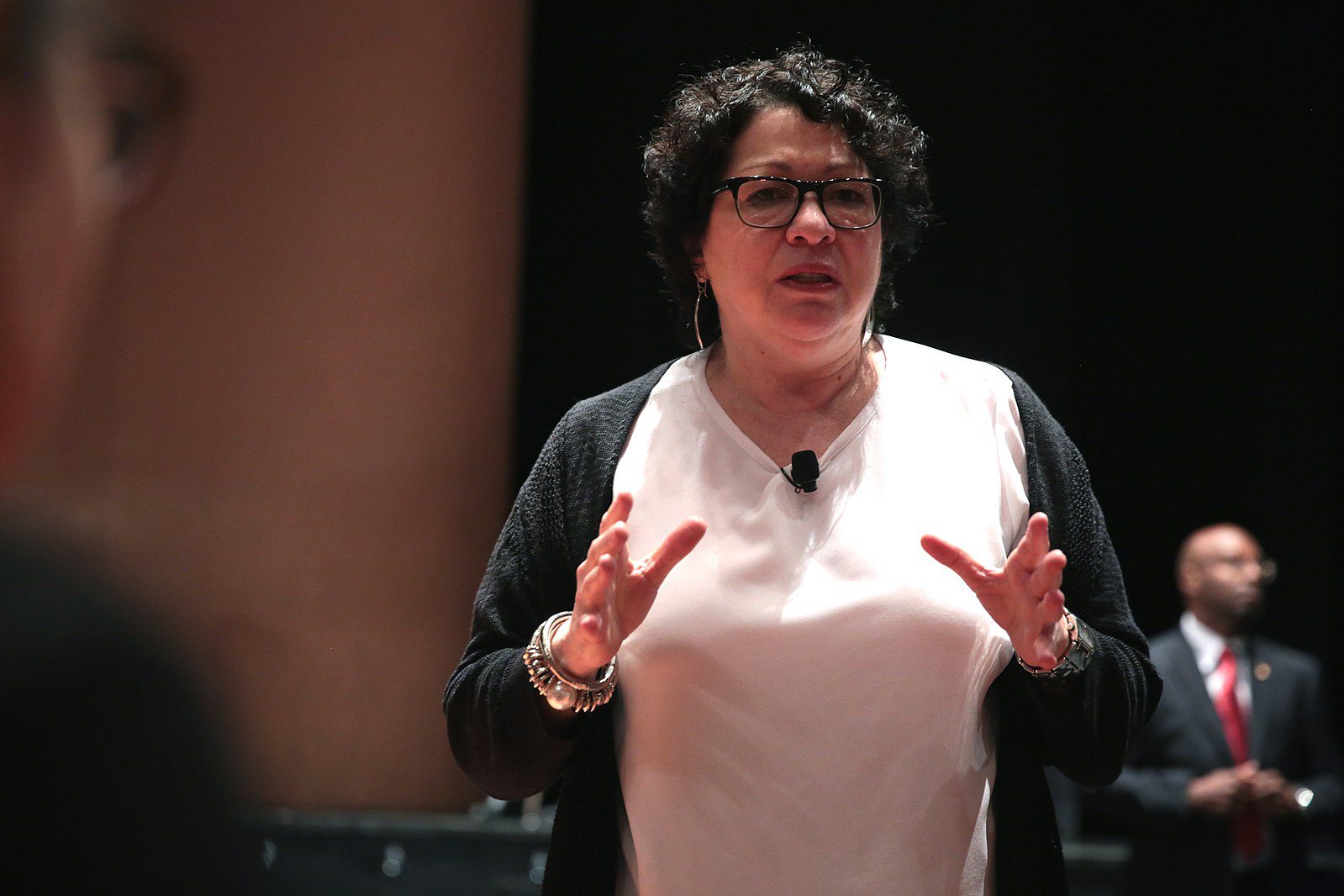Sotomayor’s ‘Religious’ View of Abortion

In the strict sense of the term, America’s abortion regime was founded on a logical fallacy.
In Roe v. Wade, the Supreme Court considered two related questions: first, whether the Constitution’s alleged basket of implied privacy rights included a “right” to abortion, and, second, whether the state had a “compelling” interest in unborn human life that could justify restrictions on this “fundamental right.”
Justice Harry Blackmun for the Roe majority concluded that women had a qualified right to end a pregnancy afforded by some concoction of the Ninth and Fourteenth Amendments. The putative right to pump an unborn child full of mifepristone could not be vitiated by the state’s interest in protecting the unborn, Blackmun said, since the question of when life begins had bedeviled practitioners of “medicine, philosophy, and theology” for generations and was beyond the competence of the judiciary (and the state) to answer.
However, in an attempt to split the proverbial baby, Blackmun conceded that the state retained an “important and legitimate interest in protecting the potentiality of human life,” and could restrict abortion access in the third trimester of pregnancy on that basis. Of course, as Antonin Scalia noted in his Casey dissent, characterizing the state’s interest as “protecting the potentiality of human life” (my emphasis) begs the central question at issue in the abortion debate.
In the oral arguments before the Court Wednesday in Dobbs vs. Jackson Women’s Health, Justice Sonia Sotomayor doubled down on Justice Blackmun’s logical errors. In an exchange with Scott Stewart from the Mississippi Attorney General’s Office, Sotomayor accused the attorney of seeking to imposing a “religious view” on the residents of Mississippi.
How is your interest anything but a religious view? The issue of when life begins has been hotly debated by philosophers since the beginning of time. It’s still debated in religions. So, when you say this is the only right that takes away from the state the ability to protect a life, that’s a religious view, isn’t it?
Forget, for a moment, that you can make an entirely secular argument that life begins at conception. (If the fetus is left undisturbed, what will it become? An aardvark?) Sotomayor’s view is a “religious” one. Liberals believe that the fact of disagreement among “religious” people on “religious” matters implies that no “religious” view can be privileged at the level of the state. This position itself privileges a certain “religious” view at the level of the state—namely, that no religion rightfully command the state’s recognition. Sotomayor applies this illogic to the question of abortion. She suggests that because “religious” people disagree about the moment when life begins, a state that would restrict abortion is imposing a “religious” view on its citizens. Therefore, she argues, the state should be barred from proscribing abortion—at least before fetal viability. This view implicitly takes a position on the question of when life begins (i.e., that it is unknowable), and therefore, by its own standards, imposes a “religious” view at the level of the state.
Abortion, more than perhaps any other issue, has a way of clarifying the contradictions at the heart of liberal modernity.
Comments